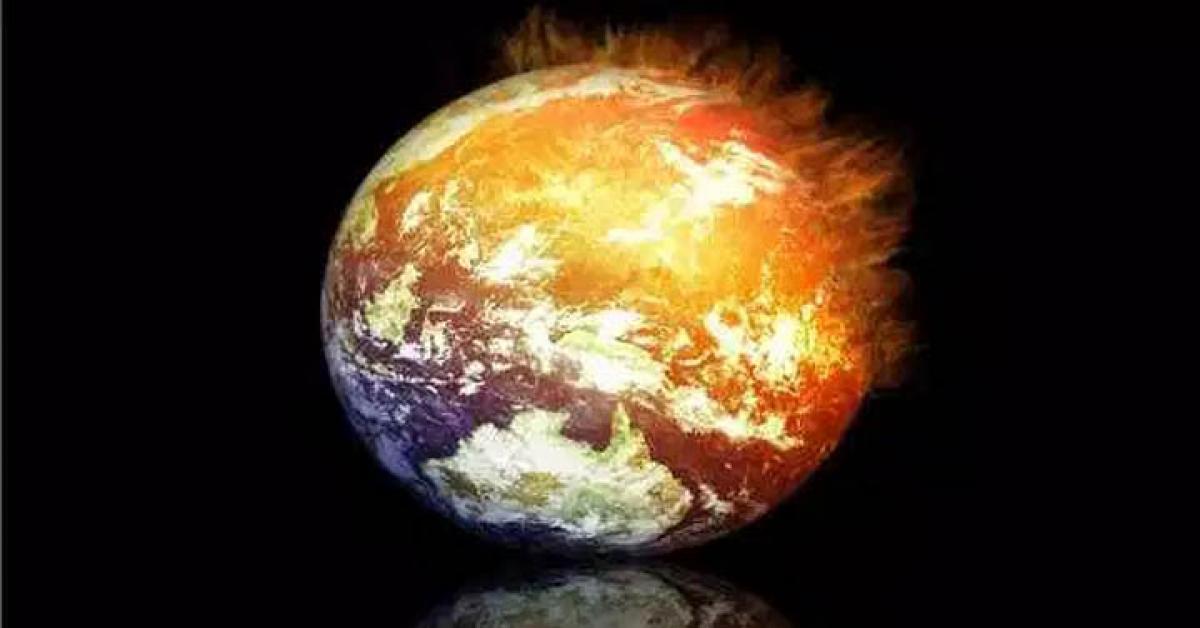Global warming could cause fall in oxygen, mass mortality

Earth\'s oxygen could dramatically fall due to change in ocean temperature of just several degrees, thereby resulting in mass mortality of animals and humans, scientists have warned.
Earth's oxygen could dramatically fall due to change in ocean temperature of just several degrees, thereby resulting in mass mortality of animals and humans, scientists have warned.

An increase in the water temperature of the world's oceans of around six degrees Celsius -- which some scientists predict could occur as soon as 2100 -- could stop oxygen production by phytoplankton by disrupting the process of photosynthesis, the study said.
Phytoplankton, also known as microalgae, are microscopic organisms that inhabit almost all oceans and bodies of fresh water. They consume carbon dioxide, and release oxygen.
"About two-thirds of the planet's total atmospheric oxygen is produced by ocean phytoplankton - and therefore cessation would result in the depletion of atmospheric oxygen on a global scale. This would likely result in the mass mortality of animals and humans," said lead researcher Sergei Petrovskii, professor at University of Leicester in England.
The team developed a new model of oxygen production in the ocean that takes into account basic interactions in the plankton community, such as oxygen production in photosynthesis and oxygen consumption because of plankton breathing.
The researchers also estimated that falling oxygen levels caused by global warming could be a greater threat to the survival of life on planet Earth than flooding.
"Global warming has been a focus of attention of science and politics for about two decades now. A lot has been said about its expected disastrous consequences; perhaps the most notorious is the global flooding that may result from melting of Antarctic ice if the warming exceeds a few degrees compared to the pre-industrial level," Petrovskii said.
"However, it now appears that this is probably not the biggest danger that the warming can cause to the humanity,” Petrovskii explained.
The study appeared in the journal Bulletin of Mathematical Biology.
Next Story

















